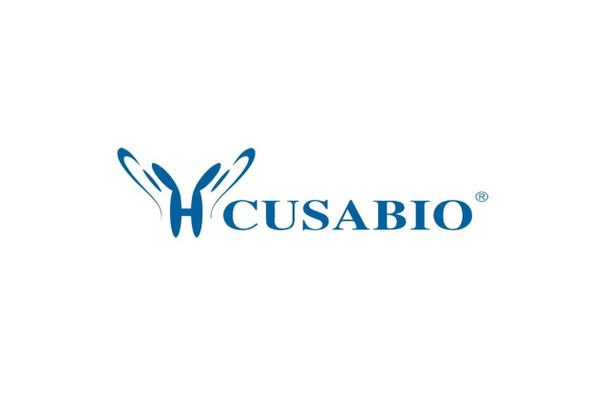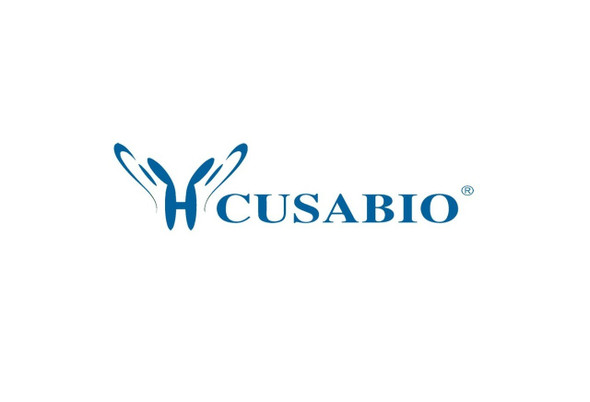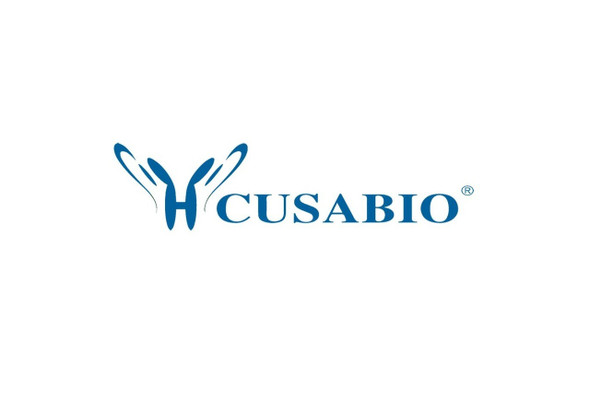Cusabio Polyclonal Antibodies
SYCE1 Antibody | CSB-PA022987ESR1HU
- SKU:
- CSB-PA022987ESR1HU
- Availability:
- 3 to 7 Working Days
Description
SYCE1 Antibody | CSB-PA022987ESR1HU | Cusabio
SYCE1 Antibody is Available at Gentaur Genprice with the fastest delivery.
Online Order Payment is possible or send quotation to info@gentaur.com.
Product Type: Polyclonal Antibody
Target Names: SYCE1
Aliases: Synaptonemal complex central element protein 1 (Cancer/testis antigen 76) (CT76), SYCE1, C10orf94
Background: Major component of the transverse central element of synaptonemal complexes (SCS), formed between homologous chromosomes during meiotic prophase. Requires SYCP1 in order to be incorporated into the central element. May have a role in the synaptonemal complex assembly, stabilization and recombination (By similarity) .
Isotype: IgG
Conjugate: Non-conjugated
Clonality: Polyclonal
Uniport ID: Q8N0S2
Host Species: Rabbit
Species Reactivity: Human, Mouse
Immunogen: Recombinant Human Synaptonemal complex central element protein 1 protein (132-351AA)
Immunogen Species: Human
Applications: ELISA, WB, IHC
Tested Applications: ELISA, WB, IHC; Recommended dilution: WB:1:1000-1:5000, IHC:1:20-1:200
Purification Method: Antigen Affinity Purified
Dilution Ratio1: ELISA:1:2000-1:10000
Dilution Ratio2: WB:1:1000-1:5000
Dilution Ratio3: IHC:1:20-1:200
Dilution Ratio4:
Dilution Ratio5:
Dilution Ratio6:
Buffer: PBS with 0.02% sodium azide, 50% glycerol, pH7.3.
Form: Liquid
Storage: Upon receipt, store at -20°C or -80°C. Avoid repeated freeze.
Initial Research Areas: Cell Biology
Research Areas: Epigenetics & Nuclear Signaling;Cell biology














